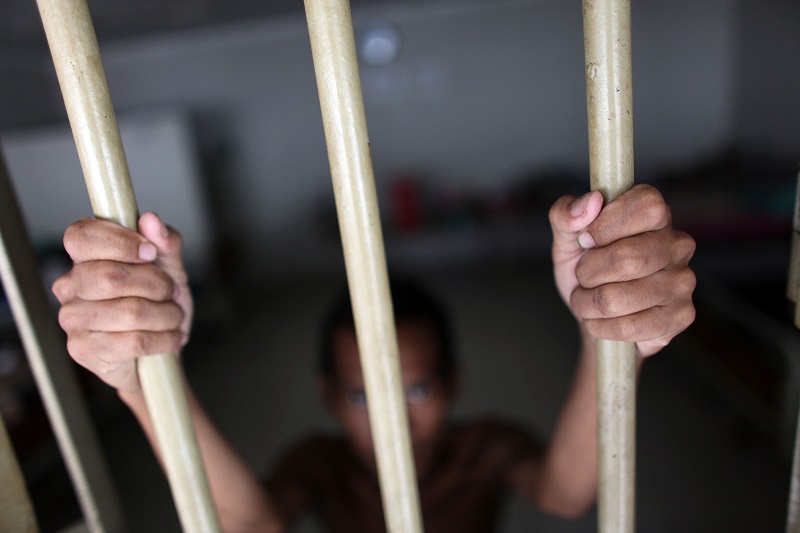Even though, the South Asian Association for Regional Cooperation (SAARC) Convention on Preventing and Combating Trafficking of Women and Children for Prostitution exists as a regional law enforcement agreement in
South Asia and despite of its’ condemnation of human trafficking, the organized crime continues to flourish in the region.
A recent research, ‘Unpacking Human Trafficking from Neoliberalism and Neoconservatism Paradigms in Nepal: A Critical Review’ published in 2021, reveals that most cases of trafficking in Nepal are never reported. This is mainly due to the stigmatization of the issue in Nepali society. The research also highlights, the long and expensive judicial process of Nepal, which makes it difficult to receive fast verdicts form the court in regards to human trafficking. A noteworthy point the critical review pointed out is the role of an open border system with India, which opens gateways for traffickers to take the abducted victims to foreign lands.

